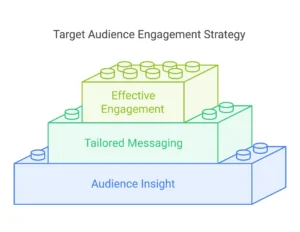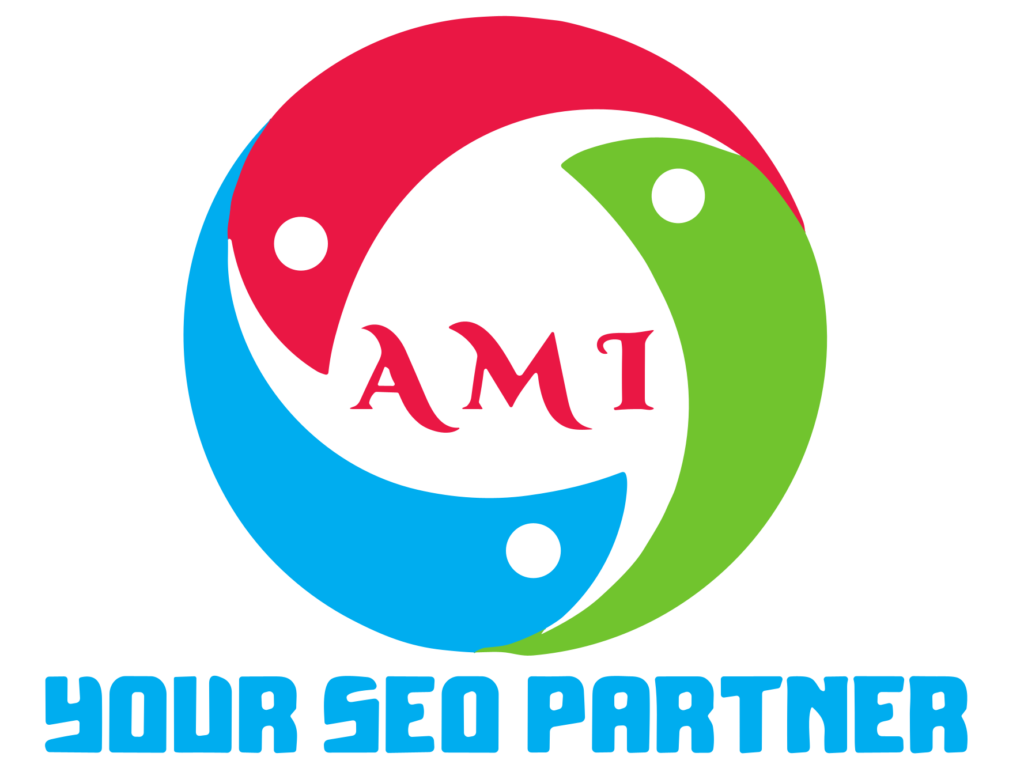Building Trust Through Personalized SEO Client Acquisition
In the world of digital marketing, acquiring clients for SEO services can be challenging yet rewarding. This guide delves into effective strategies for reaching out to potential clients, crafting compelling project proposals, and ultimately winning their business.
Your Target Audience
Before reaching out, it’s crucial to understand who your target audience is. Knowing your audience allows you to tailor your message and approach effectively. Identify the types of businesses that would benefit most from your SEO services. This could include local businesses, e-commerce sites, or even niche markets.
Consider the specific pain points these businesses face regarding their online presence and how your SEO expertise can address those challenges. This understanding will inform your outreach strategy and help you craft messages that resonate.

Crafting Your SEO Outreach Message
Your outreach message should be clear, concise, and compelling. Start by introducing yourself and your expertise in SEO. Highlight your experience and the results you’ve achieved for other clients. This builds credibility and sets the stage for your proposal.
For example, you might say, “I am a professional SEO expert with five years of experience in helping businesses increase their organic traffic through advanced SEO techniques.” This establishes your authority and reassures potential clients of your capabilities.
Next, present a specific action plan tailored to their needs. Mention how you can enhance their website’s visibility and attract more customers. Use phrases like “my action plan will include competitor analysis, traffic source analysis, and a complete report explaining the reasons behind their current traffic levels.”
Conducting Competitor Analysis
Competitor analysis is a vital component of your SEO strategy. It involves examining what other successful businesses in the same industry are doing to attract traffic. Identify their strengths and weaknesses, and use this information to position your services effectively.
In your outreach, you can mention that you will conduct a thorough competitor analysis to identify low-competition, high-demand keywords that can be targeted. This shows potential clients that you have a strategic approach and are focused on delivering results.
Keyword Research and Targeting
Keyword research is the foundation of any successful SEO strategy. Explain to potential clients how you will identify and target the right keywords for their business. This includes both high-search-volume keywords and long-tail keywords that are less competitive but highly relevant.
Share your strategy for creating a keyword plan that aligns with their business goals. For instance, you can say, “I will create a targeted keyword plan that focuses on high-demand keywords relevant to your industry, ensuring your content reaches the right audience.”
Backlinking and Link Building Strategies
Link building is another crucial element of SEO. Discuss your approach to acquiring high-quality backlinks that can improve their website’s authority and search engine rankings. Mention that you will employ ethical link-building techniques, such as outreach to relevant websites and guest blogging.
Your outreach message could include, “I will implement a link-building plan that focuses on creating high-authority backlinks through manual outreach and social sharing.” This demonstrates your commitment to ethical practices and effective strategies.
Utilizing Analytics and Reporting
Analytics plays a significant role in tracking the success of SEO campaigns. Inform potential clients that you will set up Google Analytics and Google Search Console to monitor their website’s performance. This includes tracking traffic sources, user behavior, and conversion rates.
Offer to provide regular reports, such as weekly and monthly updates, to keep clients informed about their progress. This transparency builds trust and shows that you are dedicated to achieving results.
Creating a Compelling SEO Proposal
Once you’ve established contact and discussed your strategies, it’s time to create a detailed proposal. Your proposal should outline the services you will provide, the timeline for implementation, and the expected outcomes.
Include a breakdown of costs, ensuring that clients understand the value of your services. Use clear, professional language and visuals to make your proposal engaging and easy to understand.
Following Up After Outreach
After sending your outreach message or proposal, it’s essential to follow up. Many potential clients may need time to review your proposal or might forget to respond. A gentle reminder can keep your proposal top of mind.
In your follow-up, reiterate your enthusiasm for helping their business grow and invite them to ask any questions they may have. This shows that you are proactive and genuinely interested in their success.
Leveraging Social Media for Outreach
Social media platforms can be powerful tools for reaching out to potential clients. Use platforms like LinkedIn, Twitter, and Facebook to connect with business owners and showcase your expertise. Share valuable content related to SEO, engage with industry discussions, and demonstrate your knowledge.
For instance, you can post case studies of previous successes, tips for improving SEO, or insights about the latest trends in digital marketing. This not only positions you as an authority but also helps attract potential clients to your services.
Networking and Building Relationships
Networking is crucial for acquiring new clients. Attend industry events, webinars, and conferences to meet potential clients and other professionals in the field. Building relationships can lead to referrals and new business opportunities.
Don’t hesitate to reach out to your existing network for referrals. People are more likely to trust recommendations from someone they know. Offer incentives for referrals, such as discounts on services, to encourage your network to refer clients to you.
Handling Rejections Gracefully
Not every outreach effort will result in a client. It’s important to handle rejections gracefully. If a potential client declines your services, thank them for their time and ask for feedback. This can provide valuable insights that can help you improve your approach in the future.
Keep the door open for future opportunities by expressing your willingness to connect again down the line. A polite and professional demeanor can leave a lasting impression and may lead to future business.
Continuous Learning and Adaptation
The digital marketing landscape is constantly evolving, and staying updated on the latest trends and techniques is essential. Invest time in learning new SEO strategies, tools, and best practices. This will not only enhance your skills but also improve the services you offer to clients.
Consider taking online courses, attending workshops, or participating in webinars to expand your knowledge. Sharing your learning journey with potential clients can also demonstrate your commitment to excellence and growth.
Conclusion
Acquiring SEO clients requires a combination of strategic outreach, compelling proposals, and relationship-building. By understanding your audience, crafting targeted messages, and demonstrating your expertise, you can effectively attract and retain clients. Remember to continuously adapt your strategies based on feedback and industry changes to ensure long-term success.







